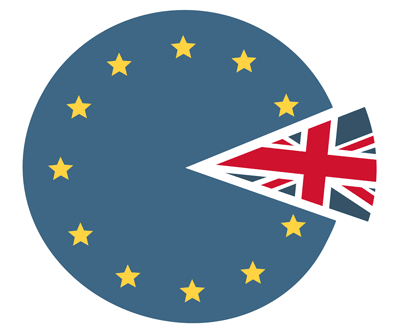
Brexit talks remain in a critical phase, after industry leaders welcomed the decision at the weekend to extend negotiations, but warned again of the “catastrophic” result of a no-deal outcome.
European Commission president Ursula von der Leyen said yesterday that “the good news is that we have found a way forward on most issues” but described the state of the talks as “a case of being so close and yet being so far” as they enter a critical few days.
CBI director-general Tony Danker said: “The news that talks will continue gives hope. A deal is both essential and possible. It is the only way to build upon the extensive support for the economy given by all governments during the pandemic.”
He added: “Ongoing delays are frustrating and cost businesses. The government must move with even more determination to avoid the looming cliff edge of January 1st.”
SMMT chief executive Mike Hawes welcomed the commitment from both sides to continue talking and called on them to “find a way through the political impasse”. He said: “No deal would be nothing less than catastrophic for the automotive sector, its workers and their families and represent a stunning failure of statecraft. Quite simply, it has to be ruled out.”
The main stumbling blocks in negotiations continued to be over fishing rights, and a level playing field on competition and how any agreement should be policed.
In a statement prior to last Wednesday’s meeting between prime minister Boris Johnson and Ursula von der Leyen, Make UK chief executive Stephen Phipson said: “After over four years of uncertainty, UK manufacturers are facing the most challenging start to the new year, dealing with a pandemic and the risk of having no trading arrangement with our largest market. No deal would be catastrophic for Britain’s manufacturers, a sector which came to the nation’s aid when the Covid crisis struck.” He called for a pragmatic approach to reach a zero tariff and zero quota deal to avoid additional friction at the border.
The British Chambers of Commerce December Brexit Guidance dashboard identified 24 out of 35 key questions for business rated amber or red, meaning critical official guidance was still missing, undermining firms’ ability to prepare for the coming changes.
Danker called for “three bold steps” from the government this week: first, provide more detailed guidance for businesses on issues from IT to border checks. Second, agree negotiated grace periods to allow firms to adjust to either deal or no deal, agreeing pragmatic approaches on issues including data, aviation, haulage, financial services and product registration to avoid disruption at the start of the new year.
Third, prepare support for firms which will face the greatest challenges. “Those in sectors and supply chains that are badly hit will face extinction through tariffs, red tape and extra costs. We need to ensure those firms survive to play a role in post Brexit Britain,” he said.

